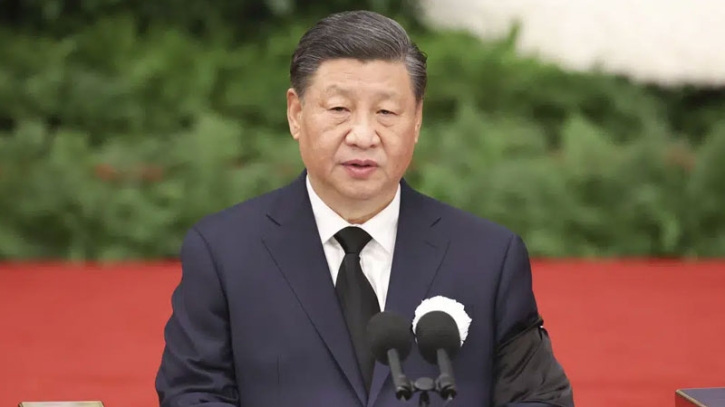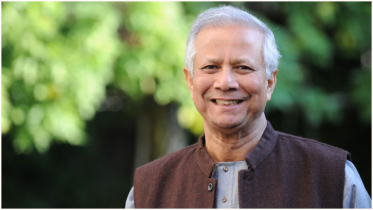Xi Jinping visiting Saudi Arabia amid bid to boost economy

Chinese leader Xi Jinping is on course to visit Saudi Arabia this week where he will attend a pair of regional summits amid efforts to kick-start economic growth weighed down by strict anti-COVID-19 measures, reports AP.
The Foreign Ministry of China said Wednesday that Xi will attend the inaugural China-Arab States Summit and a meeting with leaders of the six nations that make up the Gulf Cooperation Council in the Saudi capital of Riyadh. His state visit to Saudi Arabia will end on Saturday.
China is the world’s second-largest economy and a major source of outward investment. To fuel massive demand, it imports half its oil, of which half of those imports come from Saudi Arabia, amounting to tens of billions of dollars annually.
China’s economic growth had been on a steady decline for years and was dealt a major blow by rolling lockdowns imposed across the country as a response to the COVID-19 pandemic.
Chinese economic growth rebounded to 3.9% over a year earlier in the three months ending in September, up from the first half of the year’s 2.2%, but still well short of the government target.
China’s COVID-19 infection numbers are lower than those of the United States and other major countries. But the ruling party is sticking to “zero-COVID,” which calls for isolating every case, while other governments are relaxing travel and other controls and trying to live with the virus.
China’s ruling Communist Party shares many of the authoritarian tendencies of Saudi Arabia and other Gulf states, shielding Beijing from criticism over its harsh policies toward Uyghurs and other Muslim minorities. More than a million have been sent to detention centers where they report being forced to denounce Islam and swear fealty to Xi and the party.
Beijing denies the charges, saying they have been providing job training and ridding Muslims of extremist, separatist and terroristic tendencies.
With no major differences between them on human rights, the tone of Xi’s visit is “likely to be much more positive” than the visit earlier this year to the kingdom by U.S. President Joe Biden, the political risk consultancy Eurasia Group said in a report.
“Nevertheless, the relationship still has a long way to go if it is to become as deep and nuanced as Saudi-US ties,” the report said.
Despite Biden’s earlier pledges to hold Saudi Arabian leader Crown Prince Mohammed bin Salman responsible for the killing of a U.S.-based journalist, his administration last month said the prince’s high office should shield him from a lawsuit over his role. A U.S. federal judge on Tuesday dismissed the lawsuit.
The U.S. military has long safeguarded Saudi Arabia from external enemies, in exchange for Saudi Arabia keeping global oil markets afloat.
The trip to Saudi Arabia marks a further move by Xi to restore his global profile after spending most of the pandemic inside China. The visit is just Xi’s third overseas trip since early 2020.
It also comes amid questions about the Chinese public’s support for Xi, who has cracked down relentlessly on free speech and purged political rivals. Xi was granted a third five-year term as leader in October, but street protests against “zero-COVID” policies last month saw the most significant public challenge to his rule and may have prompted a relaxation of some measures.
Chinese companies have become major players in Saudi Arabia’s move to upgrade its infrastructure, among them construction firms and the telecoms giant Huawei. More deals are expected to be signed during Xi’s visit, including in the defense sector, where Saudi Arabia has shown signs of moving away from its traditional dependence on the U.S.
“The Saudi visit will allow Xi to be the center of attention and regional leaders will be receptive to the Chinese perspective,” Eurasia Group said in its report. “That these exchanges are coming amid a backdrop of challenging ties between Mideast capitals and Washington will not be lost on Beijing.”
.png)




